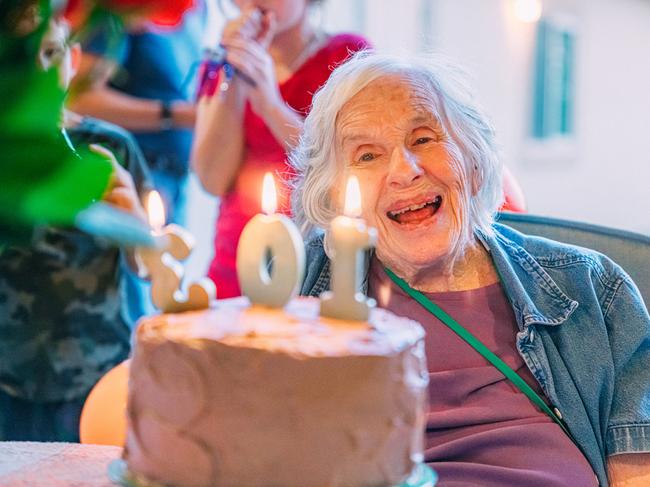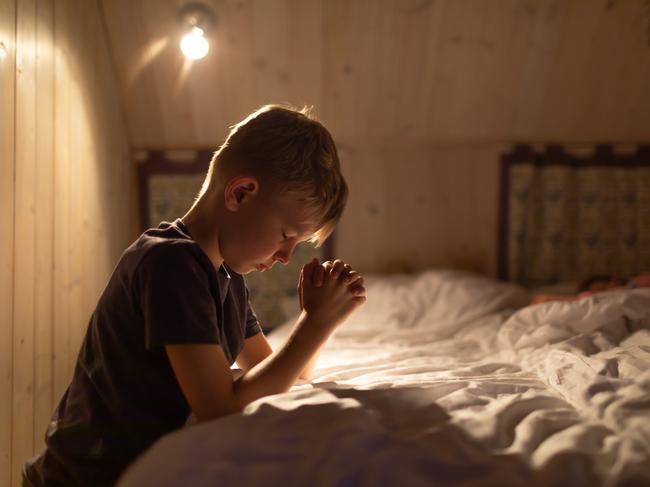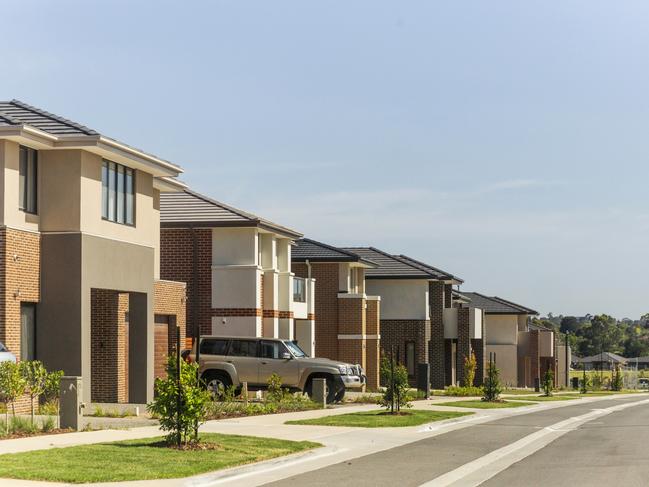
What if Australia had become a version of Africa?
In this boldy reimagined Australia, we would not be a single nation of 28 million – but long ago divvied up into a series of nation states founded by colonial powers.

In this boldy reimagined Australia, we would not be a single nation of 28 million – but long ago divvied up into a series of nation states founded by colonial powers.

Forget cricket or golf. The most popular participatory sport in Australia is now walking. Although, the rise of pickleball might give it a run for its money.

The oldest Boomer this year is 79. By this age the body is sending out subtle and blunt signals that, well, this mortal life has an end point. As Millennials and Gen-Zs inherit, how will the country change?

Today’s Australian centenarians are growing in net terms at a rate of roughly a thousand per year. There is something about this group that makes me curious.

Hail the 34-year-old! They are now the most common Australian, but this slice of the millennial generation won’t be atop the demographic mountain for long.

Britain has held sway as this nation’s leading source of immigrants since 1788 – but a switcheroo is on its way.

We have the technology to digitally engage all parts of the electorate. Checking in on voter sentiment could enable governments to make tough decisions in live time.

In this world, deciding on your political allegiance is like buying a product that reflects on you and your personal brand.

What I regarded as normal as a kid growing up in the 1960s I have come to realise was unusual. But I recall it as a comforting experience.

No major city in Australia apart from Melbourne will have the capacity over the next half century to deliver greenfield housing at the required scale within 30 km of the CBD.
Original URL: https://www.theaustralian.com.au/author/bernard-salt